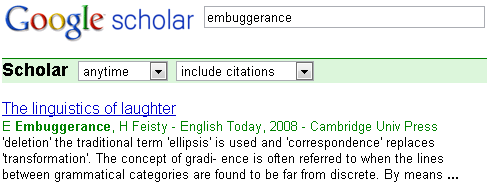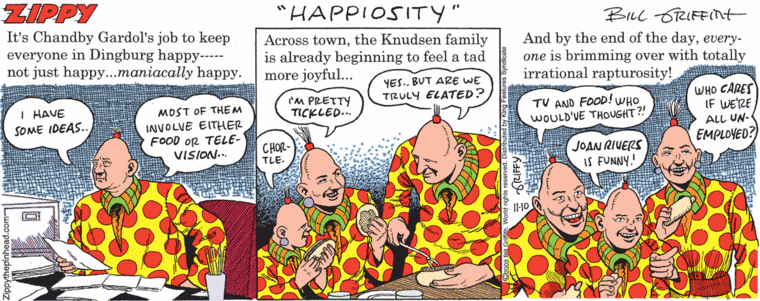Jonathan Raban, "Summer with Empson", London Review of Books, 11/5/2009:
For an English-born reader, America is written in a language deceptively similar to one’s own and full of pitfalls and ‘false friends’. The word nature, for instance, means something different here – so do community, class, friend, tradition, home (think of the implications beneath the surface of the peculiarly American phrase ‘He makes his home in …’). These I’ve learned to recognise, but the longer I stay here the more conscious I am of nuances to which I must still remain deaf. The altered meanings and associations of American English, as it has parted company from its parent language over 400 years, reflect as great a difference in experience of the world as that between, say, the Germans and the French, but in this case the words are identical in form and so the difference is largely lost to sight.
Andrew Gelman, justifiably puzzled ("Two countries separated etc etc", 11/11/2009):
I can't tell if Raban is being serious or if he is making some sort of joke. The paradox of the statement above is that very few readers will be qualified to assess it.
In any case, if someone can explain to me how nature, community, class, friend, tradition, and home have different meanings in English and American, I'd appreciate it. I've read a lot of things written by English people but I have no idea whatsoever what he's taking about.
Read the rest of this entry »


